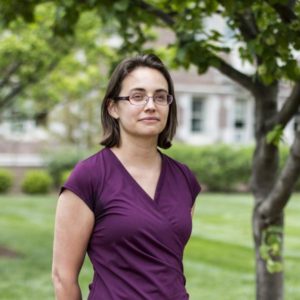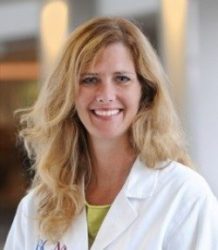
Podcast: Play in new window | Download
“Life forms on our planet have evolved under the strong influence of a daily light/dark cycle. Sunlight being the primary source of energy for photosynthesis, the daily production of photosynthetic biomass has a predictable diurnal rhythm. The daily cyclical production of photosynthesized chemical energy is at the base of the food chain. Daily changes in light and darkness result in diurnal rhythms in other environmental parameters such as temperature and humidity. Such a predictable and robust daily rhythm in food availability and environmental factors has led to the evolution of a ~24 h internal timing mechanism or circadian rhythm to enable organisms to anticipate daily changes and to optimize fitness. Fundamental to this 24 h rhythms is the ability to acquire food when it is available and to store a portion of these resources for utilization during the rest of the day (i.e. the fasting period) without compromising fitness and vitality. The fasting period also serves as a time for standby and repair so that the organism is fit and competent to harvest energy when light (for photosynthetic organisms) or food becomes available. While many non-photosynthetic lifeforms with short lifespan (< a few days) may not derive profound benefit from a circadian timing system, they share fundamental biochemical mechanisms for acquiring and storing food when it is available and then utilizing this stored energy during a quiescent period of fasting for repair, stress resistance and vitality.” (Longo et. al. 2016)
This is the crux of the understanding that we, the homo sapiens on Earth, need to realize that biology trumps any desire that we may have to fight against it. We are and have been moving in the wrong direction for quite some time as it relates to what we were meant to do biologically as children and then adults. Not coordinating activity with the sun is a negative recipe for health. Third shift workers are the canary’s in the coal mine for the risks of working and being awake when the sun is down and sleeping when it is up. This population has some very high risks for metabolic disease based on the data. (Biggi et. al. 2008)
Plus a section on filaggrin genes and skin function.
Dr. M













